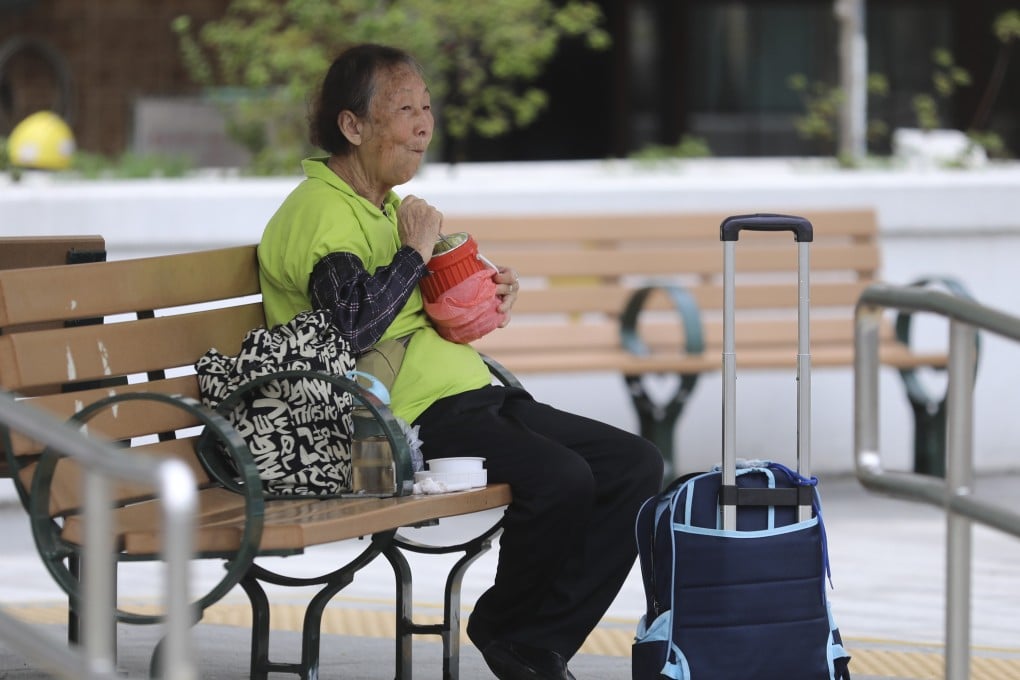When retirement is not rosy: empty nest syndrome, idle time and inadequate policies give Hong Kong’s elderly the blues
- Experts advise mixing things up in one’s twilight years and keeping the mind active, but it also starts with society recognising value in the aged
- Silver tsunami will see a third of city’s population aged over 65 by 2036

Forced to retire early in 2012 after running into problems at work, Pius Leung Kwok-kwong, then 48, spent the following three months in isolation.
“Everyone was at work, so nobody had time to chat,” the former workplace trainer recalls. Married without children, Leung’s relationship with his wife, who works in the financial sector, soon hit a rough patch because she felt helpless about his lack of direction.
He spent most of his time at home, watching television, and trying to decide whether to go back to work. He recalls asking himself: “If I find a new job, how many years will I be able to put into it? If I retire now, what will I do for the next 20 to 30 years?”
Some days, he would venture out of his Hung Hom home to shop on Apliu Street in Sham Shui Po and at computer centres in Mong Kok. Leung enjoyed picking up cheap finds such as USB cables, and the freedom to go wherever he wanted, whenever he desired.
But that did not last long. He realised he was becoming bored and reclusive. “There was nothing more I could buy, and I was seeing the same things week after week. It started to get depressing.”
Then he snapped out of his post-retirement blues. He started freelancing as a soft skills trainer, pursued his passion for running, and eventually got certified as a retirement coach to help others like him.
